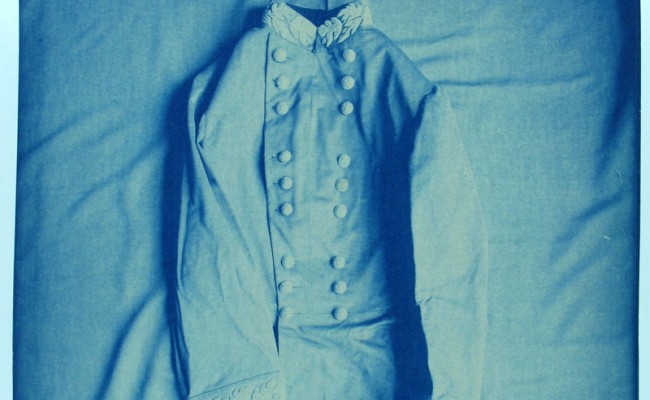Natalie Wood had lived in the same house on Kippax Street in Surry Hills for most of her life. She was an elderly woman, a retired machinist at David Jones and a divorced war bride. It is likely that she died in early 2004, though police didn’t find her body until they searched her house in 2011. By then, part of her ceiling had caved in and a tree had spread into an upstairs room. Canisters of expired coffee and condensed milk were found amongst her other possessions, such as jewellery and her medications. There was dust and cobwebs.
Natalie Wood’s pension and power had been long cut off, but it took eight years for anyone to find her dead. Police placed her bones, full of holes made by gnawing animals, inside a drawer and two jars marked ‘hands’ and ‘feet’.
Despite her absence for eight years, Natalie Wood was never declared a missing person. Neighbours thought little of the seemingly empty house, presuming it was condemned. Besides, in a transient, high turnover inner-city residential area like Surry Hills, it’s hard to get to know the people next door.
Her family was reportedly too busy to check up on her, though her sister-in-law attempted to get in touch in 2007 (years before the police began their search).
In Australia, 38,000 people are reported missing each year. But this figure is artificially deflated by the fact that the absence of some individuals goes totally unnoticed. For a person to be missing, for resources to go towards finding them, that person must be missed. In this sense, our status as individuals is determined and constituted by those around us.
This is true in many situations. For instance, #BlackLivesMatter, launched in the wake of murders of Black Americans by police and vigilantes, is designed to get wider recognition of the fact that Black Americans deserve to exist. ‘We are talking about the ways in which Black lives are deprived of our basic human rights and dignity,’ the website says. But the fact that this sentiment has to be asserted at all brings home the terrifying truth that merely being a human is not enough to be valued.
There is an unequal distribution of mattering. While asserting oneself as deserving of rights is a good start to gaining ground, it is only a start. In our dying days, we need other people to miss us and mourn us so that we may be taken care of, or at the very least so we can be found on the floor of the house where we lived and died.
In the early nineteenth century, Hegel argued, in The Phenomenology of Spirit, that the key to being a person is to be recognised as a person. Hegel argues that our consciousness and complex interiority is formed on the proviso that others relate to us on the assumption that we are human beings, like them, with such an interior life. Without police and wider society recognising that Black lives matter, they cannot come to matter, and the injustice of systemic violence will simply be allowed to go on.
Without someone recognising the absence of Natalie Wood and missing her enough to do something about it, it wouldn’t have made a difference if she was dead on her floor or if she vanished into thin air. For those eight years her existence was only physical.
Judith Butler has taken up these ideas more recently in her concept of ‘grievable life’. She notes that for many of us, news of the deaths of large populations touch us differently. Compare, for instance, our overwhelmed response to the November 2015 Paris Attacks with the general apathy about the ongoing deaths occurring over the last four years in Syria. Some lives cannot be grieved in death, argues Butler, and those lives are the ones we never acknowledged as existing in the first place.
Natalie Wood lived alone but she was not entirely reclusive. She went out, she also maintained contact with people. After she died, her mail piled up. While her neighbourhood is probably more anonymous than most, it is densely packed. There were plenty of opportunities to notice her absence, but the idea of community is growing increasingly remote in a busy, individualised society.
She also had accounts with a range of institutions: Centrelink, the Commonwealth Bank, her electricity company, all of whom could have realised that there was something amiss. But as organising our resources are increasingly automatic, any kind of follow-up on a sudden lack of activity is unlikely.
Increased isolation and technological efficiencies in our lives may lead to greater crises of recognition, potentially forcing more people into a strange disappearance. We do not have to contemplate such people, because we probably haven’t even made eye contact with them. Ergo, when they are absent, they are not given the dignity of being missed, or as having existed.
This is a violence of a different order than being denied resources. This is the violence of being denied personhood.
The building surrounding Natalie Wood’s corpse for eight years sold at auction in February for over a million dollars. It appreciated in value over her last days, and into her death, as Surry Hills properties are wont to do. Human life, unfortunately, does not enjoy such a stratospheric rise in value.
—






